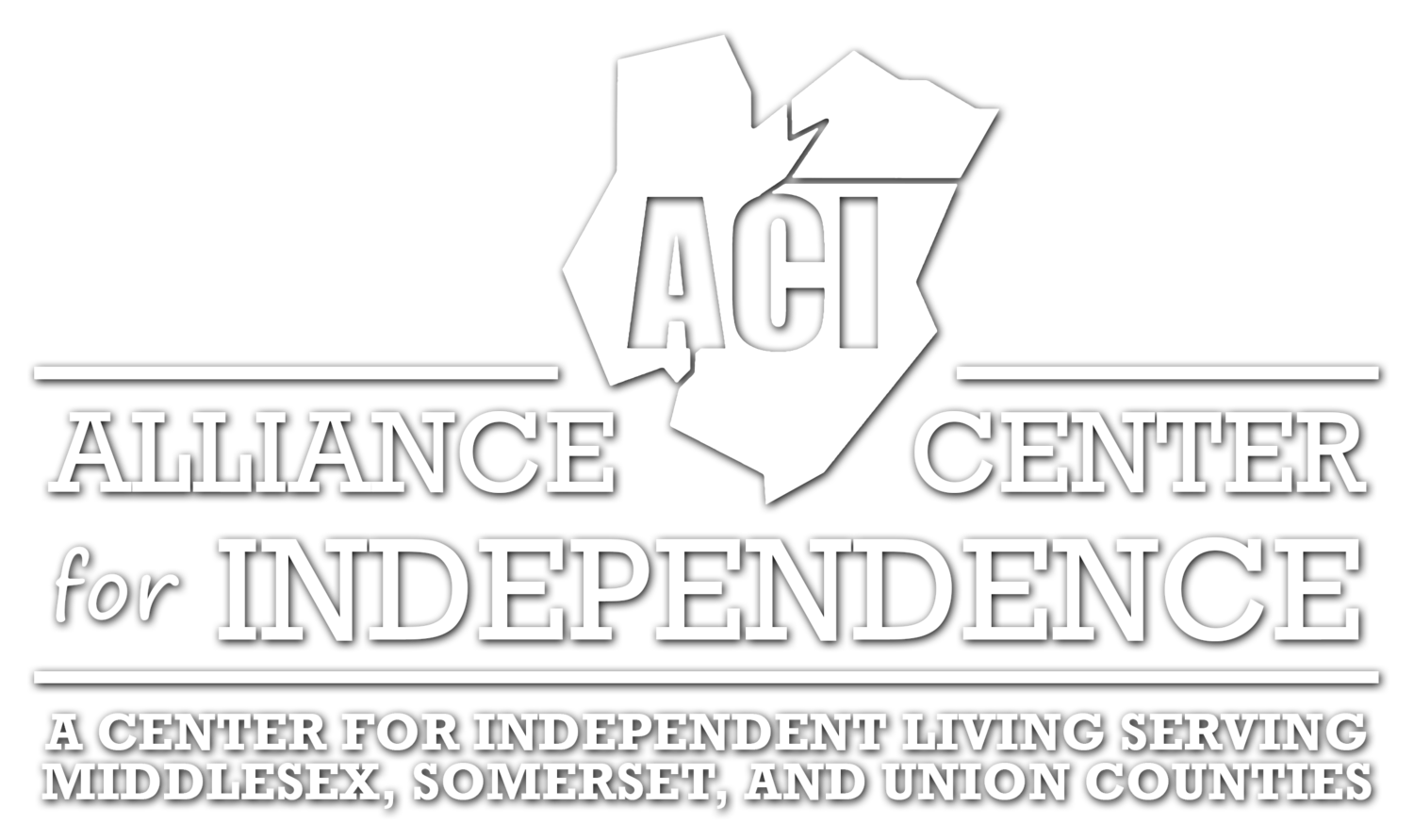Written By Patrick Young, Volunteer Blog Writer for ACI
Starting a small business comes with a lot to think about; from where to get funding to how to find clients, there are so many details that it can easily become overwhelming if you don’t have a good plan in the beginning. Because there are so many different types of businesses you can pursue, there are just as many different ways to run them. Whether you want to have a storefront or work from the comfort of your own home, it’s imperative that you consider what will work best for you in the future, not just in the present.
This is especially true if you are living with a disability. Limited mobility, exhaustion, and stress-related health issues are just a few of the things you might face as a business owner, so it’s important to keep your health in mind and take care of yourself during the process. Finding the best fit for you may take some time, so be patient as you work through the details.
Read on for some great tips on how to start a business when you’re living with a disability.
Find the Right Funding
The right type of funding can make or break your business, so think hard about what your needs are. Small business loans vary greatly in what they cover and what the maximum amount you can take is, so do some research to find the best fit for you. Fundera has some valuable tips when it comes to securing a business loan, including information about term lengths, interest rates, and how quickly you can secure the loan. Depending on which state you live in, you may qualify for a loan or grant tailored for individuals with a disability.
Figure Out Your Market
Getting to know the market you’ll be selling in is imperative. Not only do you need to understand your potential customers, but you also need to know what the best price point will be for your goods or services, how to compete with similar business both online and locally, and what the trends are. Immerse yourself in the world you want to join and pay attention to what other businesses are doing. What makes them work? What kind of customer do they attract?
Suit Your Needs
Your business should suit your needs as closely as possible if you want it to be a success, and this means thinking long-term. Will limited mobility affect your productivity if you’re in a storefront or office space? If so, consider working out of your home. This can affect your income taxes, so talk to an accountant about how to save money by creating a home office area. The more you cater to your physical and mental health, the better chance you’ll have of staying motivated.
Get Online
Your online presence can benefit your business in a major way, so make sure you set up social media accounts for your company and post often with relatable content. Do some research on common practices of social media companies when it comes to their algorithms so you’ll have a leg up on the competition when it comes to garnering sales and clients.
Network
Networking is important for all business owners, but for an individual who is living with a disability, it can be a huge boon. Not only does it give you the chance to seek advice from those who have been where you are, but it’s also an opportunity to garner a support system that can help you through the rough parts of the first year. Go to conventions related to your business and mingle; you never know who you’ll meet.
Starting a business is a big job, but with a solid plan and a little help from your friends and fellow business owners, you can make a success of it. Remember to stay patient as you navigate this journey, and take things one day at a time to reduce stress.




